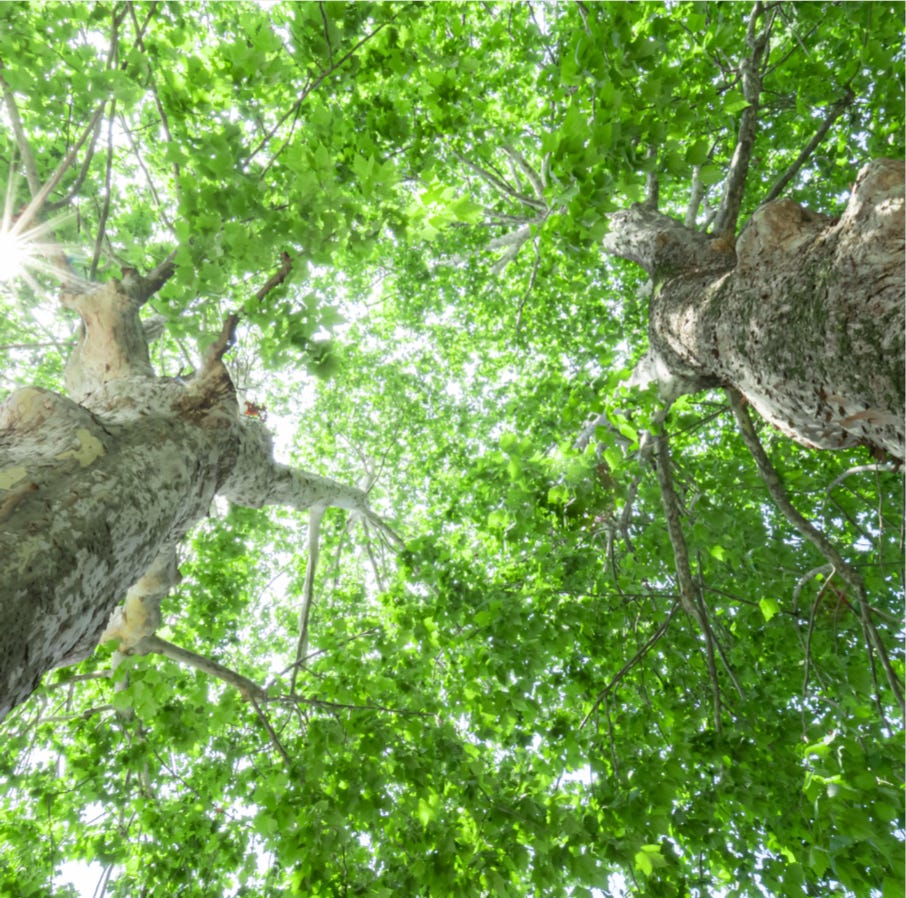"Someone asked me, 'Aren't you worried about the state of the world?' I allowed myself to breathe and then I said what is most important is not to allow your anxiety about what happens in the world to fill your heart. If your heart is filled with anxiety, you will get sick, and you will not be able to help.”
-Thich Nhat Hanh
“Pick yourself up by the bootstraps!” I’ve heard this phrase uttered with some regularity, mostly from curmudgeons, in response to the aftermath of something significantly life altering and soluble. While I find this statement to be patronizing, especially in the context it’s used (i.e. to admonish others for being vulnerable); I do think that we need to collectively examine the ways we respond to major (and often traumatic) events, and learn how to shift course as needed.
Mindfulness is a meditation practice that informs us about what’s happening right in front of us. It helps us to define how we think, feel and react to sensory qualities as they’re occurring. Rather than choosing to respond with pure emotion or logic, a mindfulness approach calms us down so that our minds are sharp, and we can act rationally and build deeper understandings about ourselves, each other and our environment.
Everyday I see a lot of messages of anguish, anxiety and despair. Perhaps because I spend a lot of time on social media, but it does also come up rather instinctively in conversations I have with friends, family and colleagues. We let our rawest emotions take over and initially cloud our judgement, leading us to exhibit bias, misinformation; and in some cases enabling us to harm ourselves and others.
Mindfulness directs our attention and effort to things we can actually control. With a combination of logic and love (i.e. emotion), we each have the unique ability to focus on the realization of change. When we give ourselves the power and will to subdue anxious feelings, we take a stride forward with the strength that’s needed to work towards finding nuanced approaches for the burdens and obstacles we face.
Our personal and societal problems require deeper solutions than a one-size-fits-all approach. The journey towards collective wellness needs to consider the differences between our plight and the needs of others.
For example, although I am a staunch advocate for the benefits of exercise, I would absolutely not suggest a traditional workout plan for someone who experiences post-exertional malaise (PEM), which is a delayed worsening of symptoms (mental, physical or both) that occurs after strenuous activity. In this case, pacing is essential, and abstaining for periods of time might be necessary. The same goes for someone with chronic pain or any other condition where exercise might actually exacerbate symptoms.
As a matter of fact, pacing is something we should all consider, regardless of our condition. To be able to pace ourselves is a skill and mindset that’s important in almost every aspect of life. Mindfulness implores us to slow down, focus on important tasks such as breathing and be attuned to our physical and mental capacity.
Movement is medicine, but we each take it in different doses.
Another skill we develop through mindfulness is active listening. Really listening to what others tell us is important, especially if we choose to become mentors or want to lead. To be an active listener, it’s crucial to devote total attention to the person who is expressing themselves to us. It’s not only what they say that’s important, it’s how they say it. Paying attention to their body language and tone is a part of the process.
I don’t pretend to have any answers regarding what our near and later future will hold. Especially with regards to the sociocultural and political climate. However, I do know that we can control certain aspects of said things, first by helping ourselves get back on track, and extinguishing our anxiety. Once we’ve regained our sense of composure and our anxiety is lulled, we can employ a myriad of tools and techniques to organize and work towards a better state of the world.
Catch our breaths, take a deep breath and then get to work!
Thanks for reading Artfully Exercising!
Show me some ❤️
I’d be grateful if you’d take a moment to hit the “heart icon” on this post to show your appreciation (and boost this post within the algorithmic sea that is social media).
Consider subscribing 📩
Artfully Exercising is a reader-supported publication about art and fitness. To receive new posts and support my work, consider becoming a free or paid subscriber:
Documenting my physical and mental health journey in the form of Artfully Exercising has been a labor of love, which takes a lot of (well spent) time, energy and resources to write the content you receive in your email boxes. If my writing has given you any sort of inspiration and enrichment, please consider making a contribution by becoming a paid subscriber or making a one time contribution.
If you are not ready to become a paid subscriber, you can support my work with a one pledge at a monetary value of your choice:
Let’s continue the conversation 💬
If what I’ve written resonates with you, and/or you want to share your thoughts, please leave me a comment! One of the most rewarding things about writing is getting feedback and making connections with others!





This an inspirational post. It ok for us to feel anxiety and fear in this political climate. But you encouraged us to exercise mindfulness as we focus on the physical, spiritual, and mental well-being. Thanks for sharing.
Words of wisdom. I went for a walk in the woods this morning and it helped. I've also been pacing myself in order to stay on track and do what I need to do - things that are less important right now can wait until later. Best wishes to you during this stressful time.